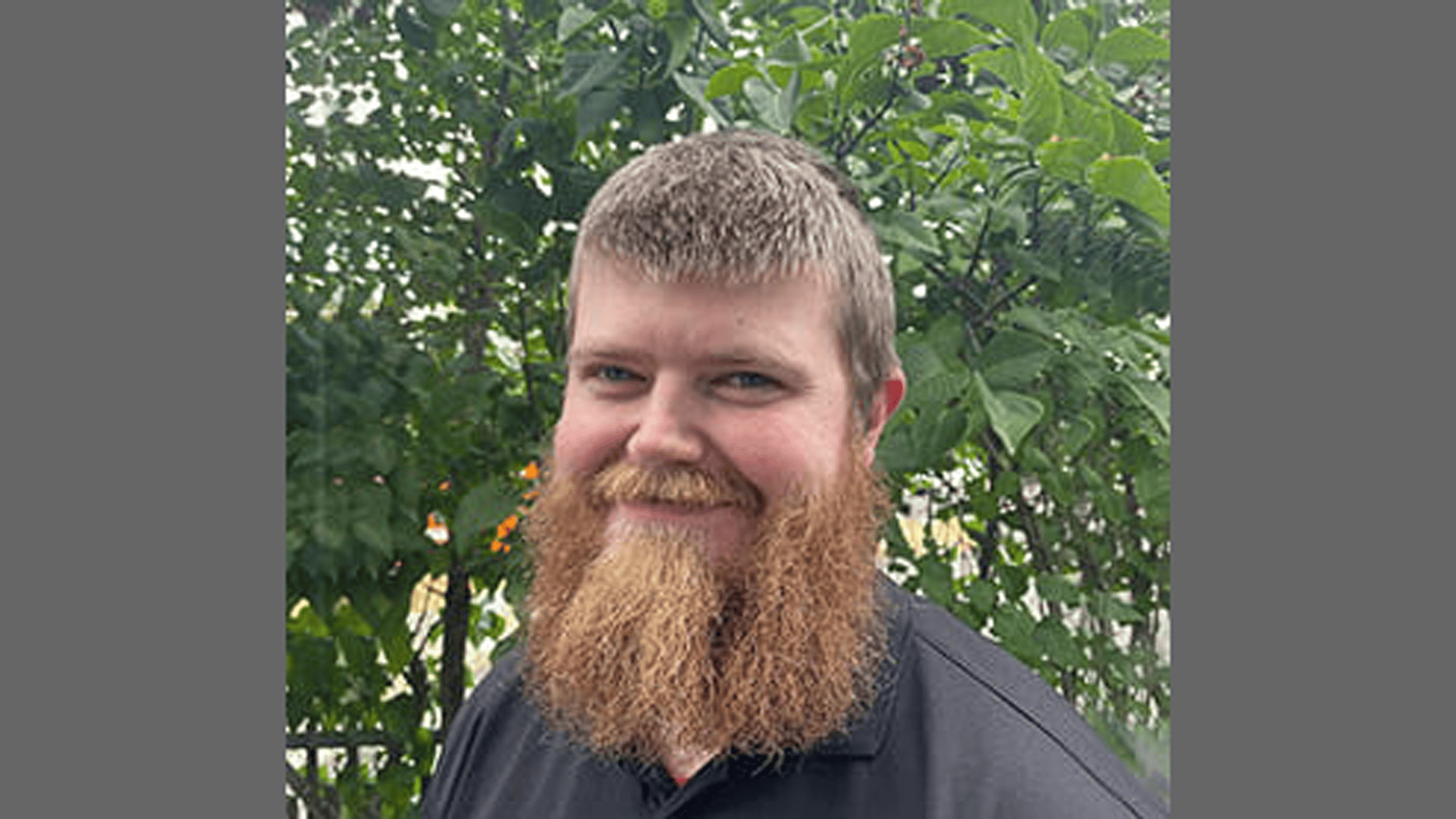- be_ixf; php_sdk; php_sdk_1.4.18
- 13 ms
- iy_2025; im_07; id_11; ih_17; imh_06; i_epoch:1.75227880399E+12
- ixf-compiler; ixf-compiler_1.0.0.0
- py_2025; pm_06; pd_10; ph_02; pmh_50; p_epoch:1.74954901596E+12
- link-block; link-block_link-block; bodystr
- pn_tstr:Tue Jun 10 02:50:15 PST 2025; pn_epoch:1.74954901596E+12
- 0 ms
- be_ixf; php_sdk; php_sdk_1.4.18
- https://sou.edu/academics/student-stories-nate-balmain/
- https://sou.edu/academics/student-stories-nate-balmain/

Student Stories
Nate Balmain
What did you like most about your time at SOU?
The thing I enjoyed most about SOU was working as the CS 115 Research Lab Manager and in Lab and Classroom support. I was able to put my skills to use and further refine them while working at these positions. I really also enjoyed working with the faculty at SOU, they prioritize the learning of their students and make learning more enjoyable.
How did your time at SOU prepare you for grad school?
There are a variety of things that helped prepare me for grad school. In no particular order, the classes that helped the most were: Abstract Algebra (this class gives you the ability to read high level math), Theory of Computation (so I can abuse math notation to help me figure out a problem), Operating Systems (solidified my debugging process), and the CS capstone sequence (you don’t appreciate documentation until you have none).In many of the papers I read there is some amount of math notation involved. I think for any major (and even more so in math heavy fields like CS) the ability to read high level math notation is an invaluable skill that will help you understand what the authors of a paper are trying to say. More importantly, when it comes time to write a paper of your own, you’ll have the skills necessary to write a clear, concise, formula that describes your work perfectly. Getting feedback from professors has also been incredibly helpful. When I was presenting at Oregon Cyber Resilience summit for the first time, I sought lots of feedback on the presentation from the CS faculty and they all gave me very important information both about how to give a presentation, as well as the content of the presentation.
What is your graduate experience like so far?
So far my graduate experience has been nothing like undergrad. Sure there are still classes I have to take and these classes are more difficult, but that’s about where the similarities end. If I’m being honest, I feel like graduate school is easier than undergrad in terms of the class term-workload. So while the classes I take are most similar to upper-division undergrad classes, I need to take fewer of them at once. Graduate school is very flexible in terms of your course-load, especially for Phd students. I find that I have a lot more “free” time on my hands in gradschool as opposed to undergrad, but maybe that’s due to my job as well. Working as a TA and as an RA has been a very different experience from any of the jobs I’ve held previously.
Describe your research experience.
Doing research is very interesting. We meet every week and discuss what we are all working on and offer feedback and improvements on everyone’s projects. I’m currently investigating whether or not we can quantify how hijackable a prefix or autonomous system is in bgp. I’m also working on creating a service that we’d like to offer to the public. This service would allow its users to detect bgp hijacking based on some old work our lab group has done in the past.
Though most of my time doing research is spent reading papers, waiting for an algorithm to finish running, or data to finish downloading. I do enjoy doing research, most of the time.
Reading Research Papers
Nobody teaches you how to read a research paper, so that is a skill I’ve had to learn on my own. It’s one thing to just read a research paper, and it’s another to really “read” one—to be able to digest the words and understand not only what the author is describing, but also to be able to consider the larger arguments to be made in the paper. If you don’t understand at a deeper level what the paper is saying, you won’t be able to argue why your solution is better than theirs, or how their work helped you with yours. There’s also no shame in rereading important papers multiple times. This becomes increasingly important for really dense papers with lots of important information. I also find that it helps to read a paper out of order, as information necessary to understand the paper is written towards the end, instead of the beginning (for some reason).
Graduate Education Committee
Serving on the GEC (Graduate Education Committee) as a student volunteer has given me insight to a lot of the background processes that many of the other grad students are unaware of. It really gives you an appreciation for how faculty work behind the scenes to ensure that everything is running as smooth as possible. I’ve learned more about the graduate admissions process and faculty/student recruitment than I thought I would. There’s more levels of administration than I thought. As a part of the GEC committee I have the opportunity to voice general consensus or concerns that the general graduate student body brings to me. The GEC committee wants to hear from its student volunteers for anything that the general graduate student community is feeling so they can respond appropriately.
What’s been your intellectual focus and how has grad school changed that?
My intellectual focus has always been “Computers.” While that’s not terribly specific, its kinda true. I find myself gravitate mostly towards Systems, Networks, and Security. Graduate school really has not changed these interests for me as of yet, its really pushed my interest and knowledge deeper in these areas, simply by studying these things in more detail than I ever have before. When you learn about a topic in undergrad you only scratch the surface of a deep topic. By doing research on that thing and reading papers about it you develop a much greater appreciation and understanding of that thing. Sometimes all it takes is a single, well written, paper to fundamentally change your understanding of a topic. One of the papers that did that for me was a paper on BGP-iSec. I’ll skip the details about it, but I think this solution is very good at solving some of the problems with BGPsec.
What has been the most fun so far?
The most fun I have is when I get to sink my teeth into a new project that I’m passionate about. I’ve had the opportunity to do two such projects, so far, and I’m sure there will be more. Anything that gives me an excuse to create a new(ish) version of my capstone project or study security is usually enough for me to have a great time. Now clearing my ever growing backlog of ‘passion projects’ on the other hand… that’s a different story.
One thing I do every week that I have fun in is a cyber security club. Most of the time we just discuss the various vulnerabilities that have been disclosed over the week, or other incredibly interesting news such as law enforcement taking down (most of) lockbit. If I’m being honest, I think I have learned more during these meetings than I do in any of my classes so far. It’s the one thing I make time for every week.
What’s next for you?
After I’m done with graduate school I want to find a job working in research, whether at a university or a national research laboratory, I’m not really sure. I think for me being able to push the boundaries of science farther is something that I’m passionate about. I like the idea of studying things and being able to share my knowledge from which others will build upon. By standing on the shoulders of giants I have an opportunity to make the giant stand even higher, so that one day when someone stands on my shoulders, they can create something even better. This is what science is about. This ever growing incessant need to always grow and know more than ever before. Why wouldn’t I want to be a part of that?
Any advice for students considering going on to grad school?
In Grad school you have a lot more freedom in what you do and there’s no real strict path to success, unlike in undergrad where you just take classes and the grades are the marker of success. This freedom is both a good thing and a bad thing, as it means you really have to be on your game with time management. Especially since some of the things you’ll be doing are multi semester long projects that don’t have a definitive deadline. So prioritize your time wisely and always be looking for opportunities that will push you further in your career or education. Also, don’t forget to take time for yourself and unwind. Burnout is a real concern for grad students, even if you love what you do.


